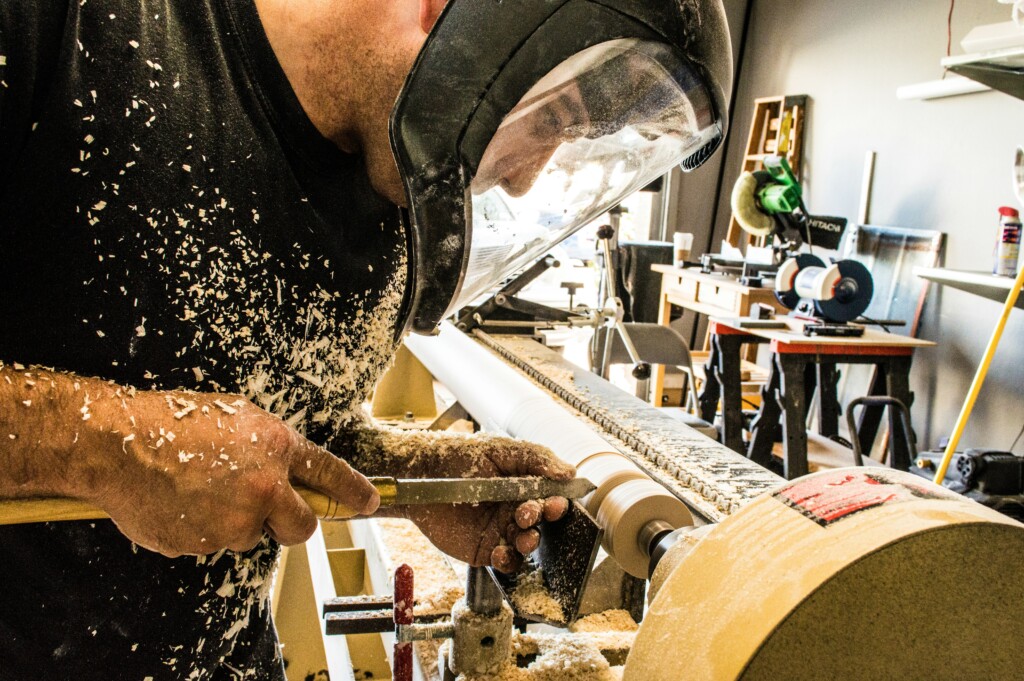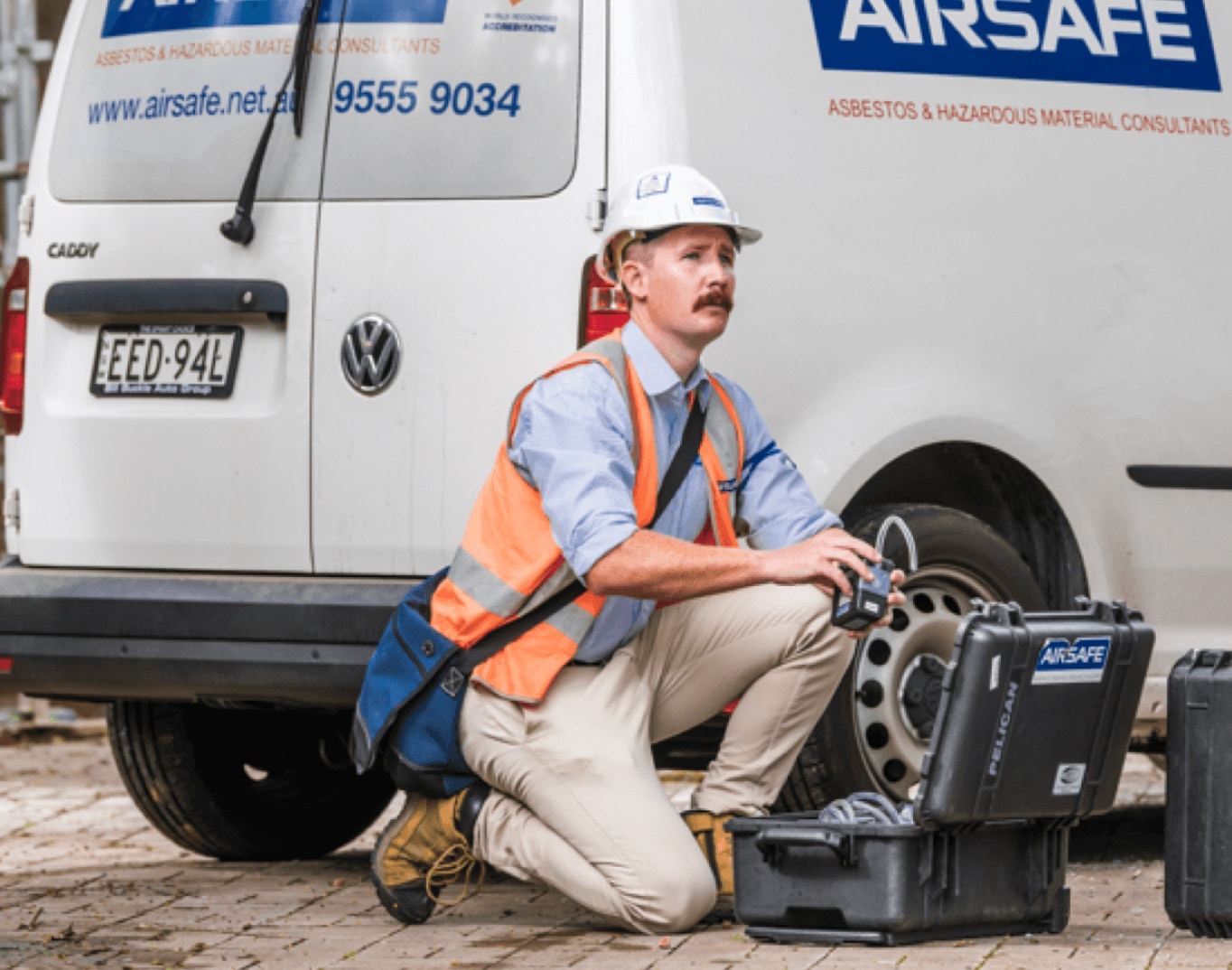Wood is used across a wide variety of Australian industries, from construction to furniture-making. Australian hardwoods are rightly renowned for their beauty, strength and durability.
But did you know that working with wood can be a health hazard? If your job involves woodworking, it’s likely that your workplace generates wood dust. As with any other form of workplace dust, employers have an obligation under work health and safety regulations to make sure their workers aren’t exposed to an extent that risks their health.
In the case of wood dust, there are clear links to cancer, among other health effects like irritation and allergic reactions.
Airsafe can help you make sure you’re keeping your people safe and healthy, and complying with your legal obligations.
How wood dust is generated
Wood dust is generated by a variety of woodworking activities. These include manufacturing wood products, machine operations like sawing, routing and turning, and hand or machine sanding. Workers can also be exposed to existing dust during cleanup activities: for example, bagging dust from local exhaust ventilation systems, using compressed air to blow dust, or dry sweeping of factory floors.
High amounts of wood dust are generated especially in the sawmilling, furniture-making, cabinet-making and carpentry industries.
Some wood activities also expose workers to formaldehyde, a strong-smelling gas used in the production of glues for the manufacturing of pressed wood products like plywood, particleboard and MDF. Formaldehyde can be present as fumes or attached to dust particles.

Health effects of wood dust
As with other types of dust, exposure to wood dust can result in irritation and allergic symptoms, including:
- skin disorders like allergic dermatitis
- asthma and lung problems
- noise irritation, runny or blocked nose, sneezing and nose bleeds
- throat irritation
- sore and watering eyes.
Most seriously, exposure to wood dust and formaldehyde can cause cancer: both are classed as Group 1 carcinogens. Prolonged exposure and inhalation is associated with cancer of the nasal cavity, sinuses and nasopharynx, as well as leukaemia.
Controlling wood dust exposure
SafeWork NSW has published a fact sheet on wood dust, which includes advice on managing the risks. They recommend investigating a number of control measures, including:
- using alternative woods that are less hazardous
- controlling the build-up of wood dust through work processes
- installing a local exhaust ventilation system
- monitoring dust levels
- preventative maintenance of plant and equipment
- housekeeping measures such as regular cleaning and avoiding the use of compressed air
- providing respiratory protective equipment if necessary
- informing and training workers about the risks and how to reduce them.
How Airsafe can help
The workplace exposure standards for airborne contaminants include exposure standards for hardwood and softwood dust as well as formaldehyde. Using state-of-the-art equipment, Airsafe’s occupational hygiene team can undertake an expert dust monitoring program to ensure you’re not exceeding the exposure standards and exposing your staff to dangerous levels of wood dust.
If you have questions about wood dust, don’t hesitate to call Airsafe on 1300 888 338.



